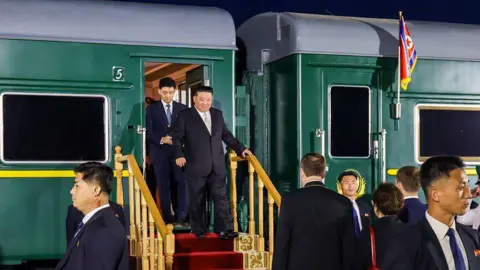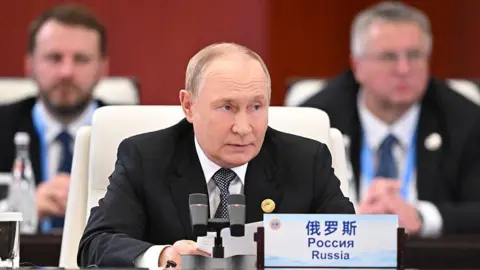The atmosphere in Taiwan is charged as voters flock to the polls for the historic "dabamian" or Great Recall vote, aimed at ousting over 30 lawmakers accused of being too aligned with China. Initiated by a civic movement, this recall vote could significantly shift the power balance in the Legislative Yuan amidst ongoing conflicts between the ruling Democratic Progressive Party (DPP) and the opposition Kuomintang.
The movement gained momentum following the January 2024 presidential election, where DPP's William Lai emerged victorious, yet the opposition still maintained significant control in the legislature. Frustration brewed as the Kuomintang and its allies blocked several DPP initiatives and pushed through controversial legislation, which some Taiwanese citizens viewed as a strategy to undermine the DPP's governance.
Thus, in May 2024, the Bluebird movement emerged, a grassroots effort where protesters accused the Kuomintang of serving Beijing's interests. This suspicion intensified when Kuomintang lawmakers visited China last year, stirring public outcry about potential foreign influence in domestic politics.
As civic groups mobilize to gather support for petitioning the recall of Kuomintang lawmakers, the opposition's activists retaliated similarly against DPP members, leading to a fiercely contested political landscape. Currently, there are petitions progressing for 31 legislators, all from the Kuomintang. If successful, it could allow the DPP to gain a legislative majority.
For Saturday's vote, citizens across 24 districts will respond to a straightforward question: Should the lawmaker be recalled? A threshold of 25% voter turnout with a majority in favor is required for a legislator's seat to be vacated, prompting a by-election within three months. Participation from constituents is critical for the movement's success, leading supporters to actively campaign across various social media platforms and community spaces.
The Kuomintang is not remaining passive, holding rallies against the recall and claiming the DPP is orchestrating the movement to undermine the previous electoral outcome. While the DPP initially kept its distance, it later expressed support for the recall's objectives, with Lai embracing the need for the party to align with public sentiment.
Beijing continues to monitor the situation closely, with its Taiwan Affairs Office criticizing Lai's actions, characterizing them as a disingenuous approach to democracy while accusing him of suppressing opposition voices. As Taiwan braces for this momentous political event, the implications for its democratic integrity and future governance are uncertain yet pivotal.





















